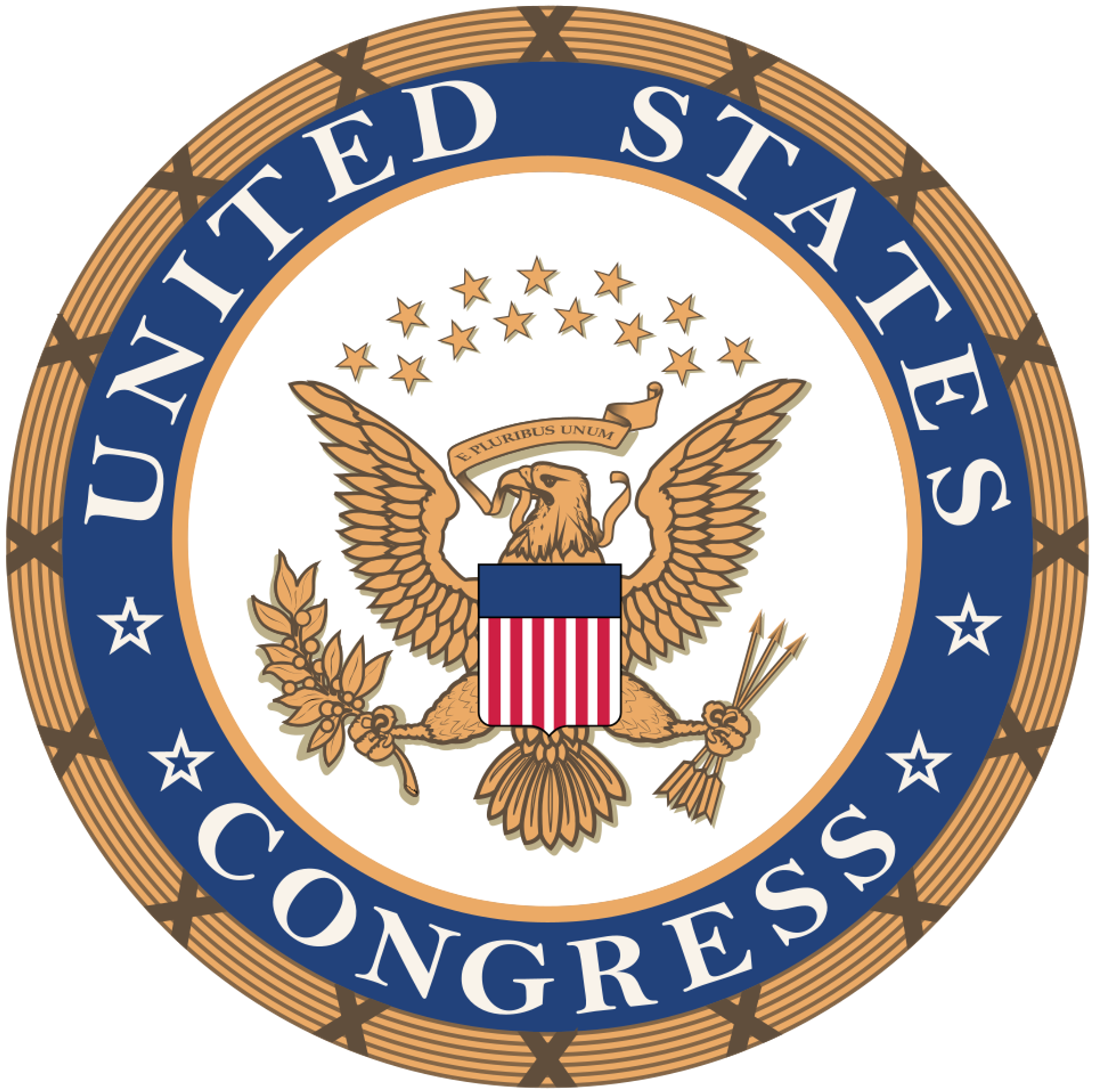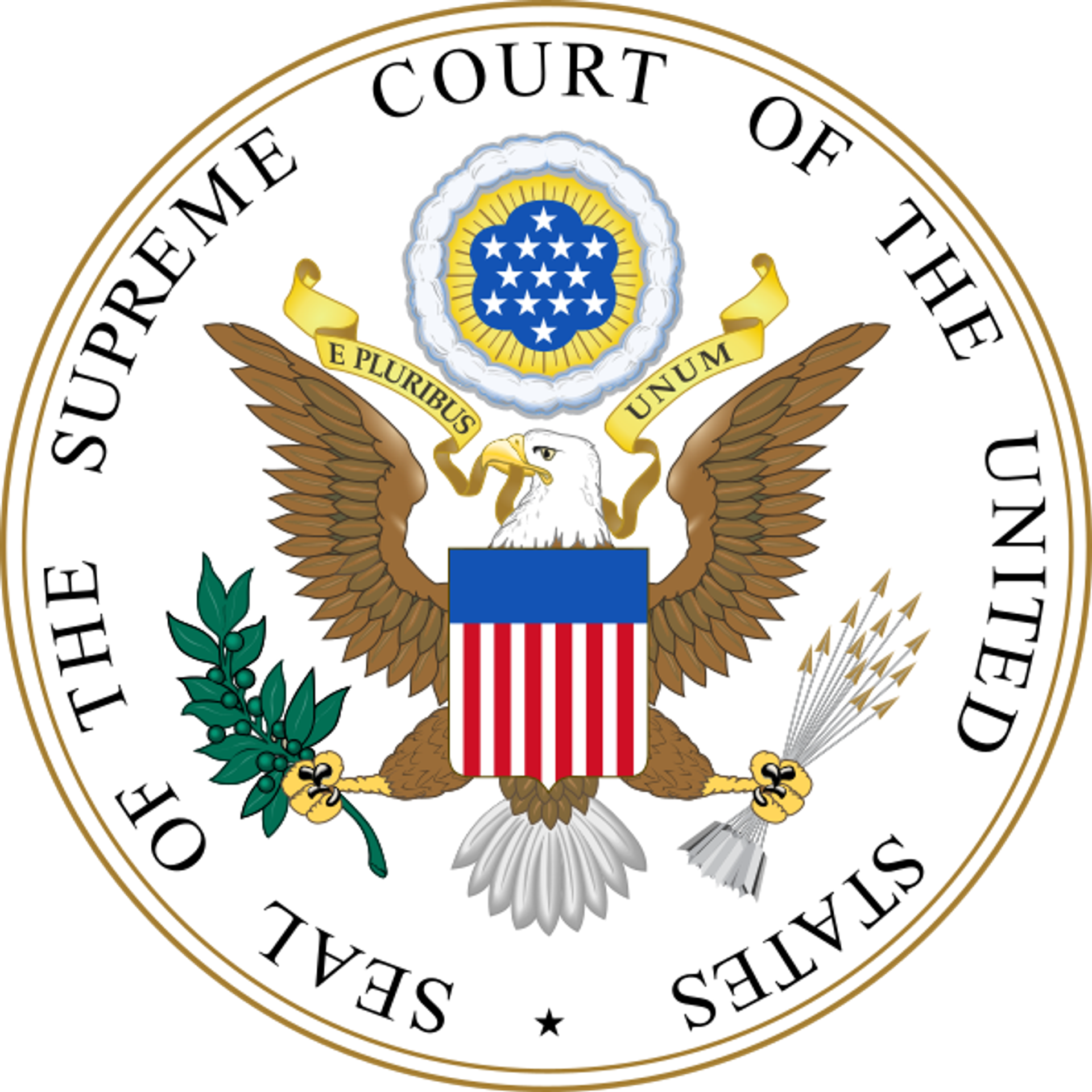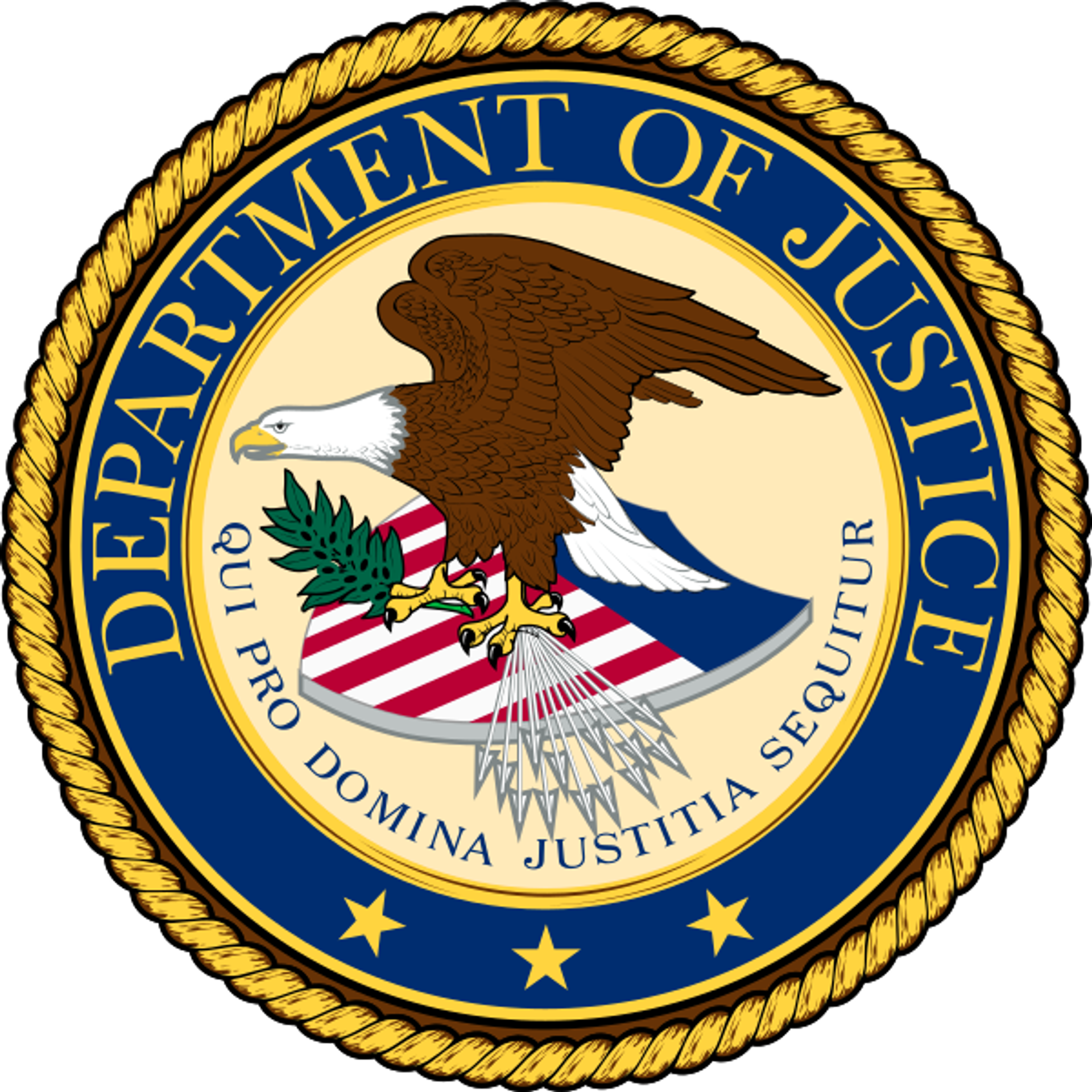
United States Senate Committee on the Judiciary
What do people say about United States Senate Committee on the Judiciary?
The perception of the United States Senate Committee on the Judiciary is largely negative, characterized by a reputation for political gridlock and partisanship. Critics argue that the committee has failed to effectively oversee the Department of Justice and has become a battleground for political conflicts rather than a venue for constructive legislative oversight. This has led to diminished public trust and doubts about its ability to fulfill its responsibilities. Despite occasional bipartisan efforts, the overarching sentiment is one of frustration and skepticism regarding the committee's effectiveness and integrity.
Where are the conversations happening?
Media sources like CNN and The Washington Post frequently cover the contentious nature of the committee's proceedings, particularly during confirmation hearings where partisan divides are starkly visible. Critiques from political analysts suggest that the committee's focus on party loyalty over accountability undermines its purpose. In contrast, some conservative outlets may frame the committee's actions in a more favorable light, focusing on judicial appointments as a victory for their agenda, yet this does not alleviate the broader criticisms of dysfunction.
What are the topics trending around United States Senate Committee on the Judiciary?
There is growing discourse around judicial reform and the impact of partisan politics on the judicial nomination process, especially as upcoming elections intensify scrutiny of the committee's role.
Why are these topics trending?
The upcoming electoral cycle is prompting renewed discussions about the accountability of the committee, especially regarding how partisan politics may influence judicial outcomes and legislative efficiency.
How is United States Senate Committee on the Judiciary being talked about?
Detailed breakdown of public sentiment and conversations about this entity.
Impact vs Sentiment
See how each entity's high impact percentage relates to their positive sentiment percentage from actual mentions.




